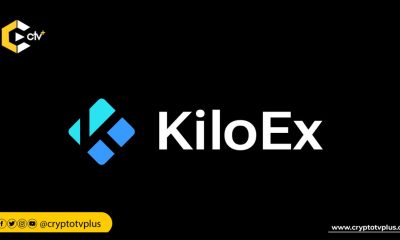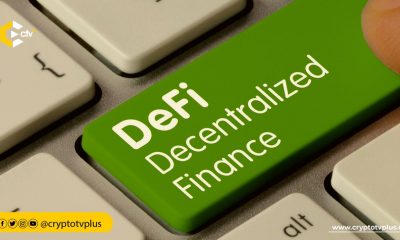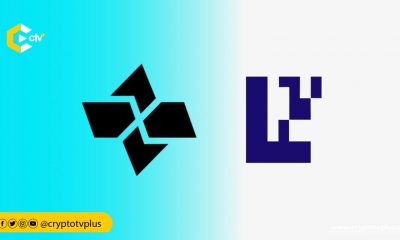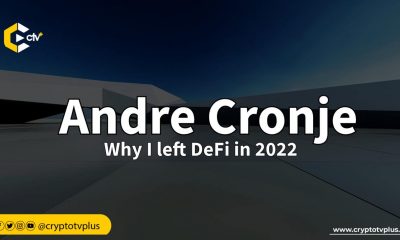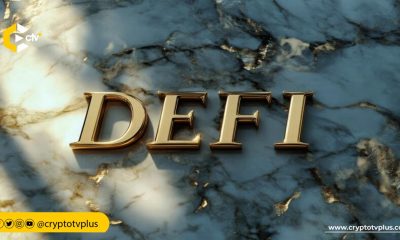FEATURED
1inch Network to Introduce Token Plugins in DeFi
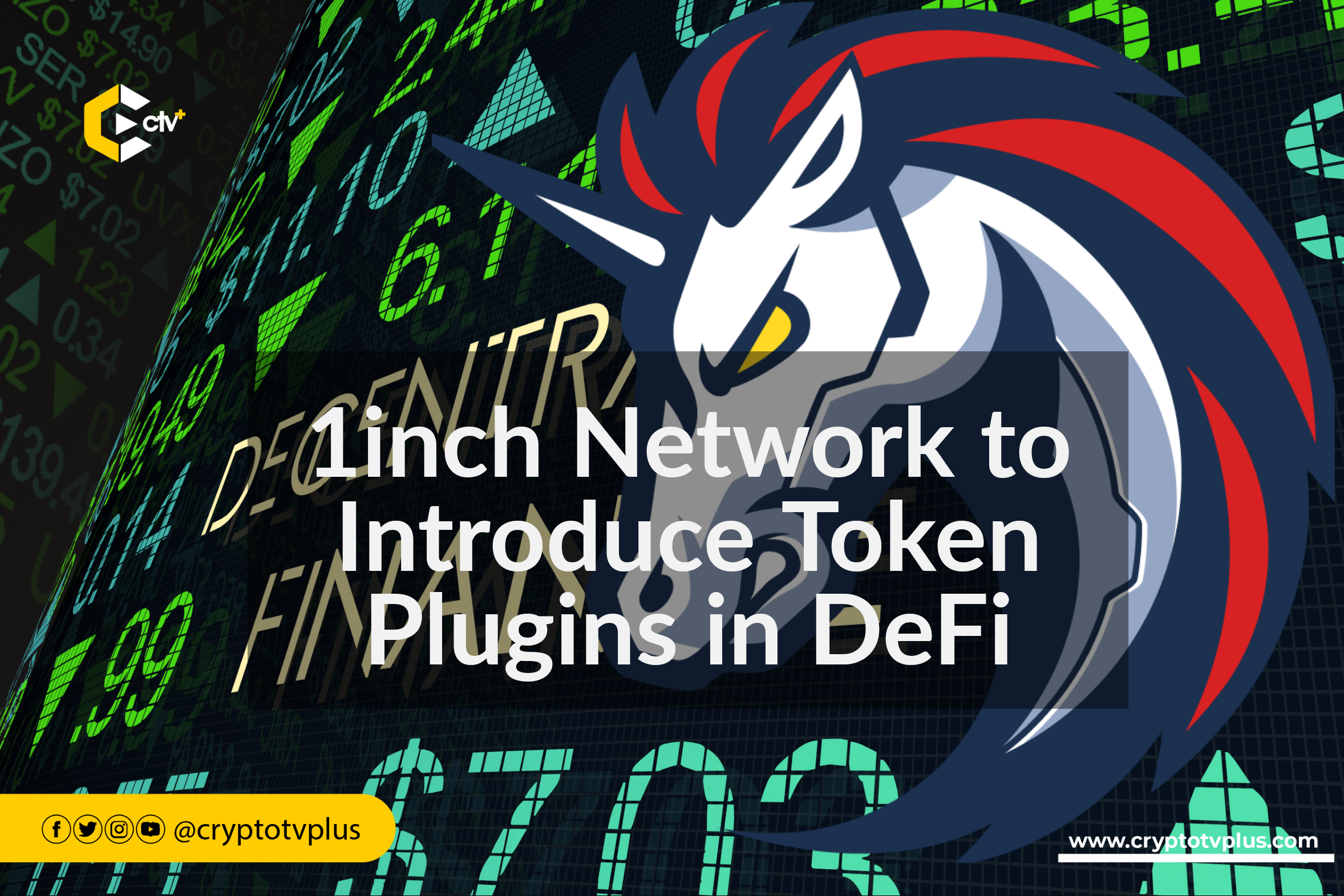
1inch Network team revealed at ETHCC Paris that it has been working on an impactful update for the DeFi sector known as “Token Plugins.”
According to the Web3 firms, the technology holds great promise and is designed to not only benefit the 1inch platform but also have a positive influence on the broader DeFi ecosystem.
Representing the 1inch team, Anton Bukov, who is also the co-founder of 1inch, said that Token Plugins are essentially extensions of ERC-20 tokens, allowing holders of any token, LP share, or any tokenized asset to unlock a myriad of possibilities by plugging into different on-chain smart contracts.
Anton provided a detailed explanation of the technical aspects of Token Plugins. Tokens that are compatible with plugins are built on the ERC-20 Plugins extension.
For tokens that can’t be directly altered, a wrapper mechanism was introduced. This mechanism allows for the incorporation of both ERC-20 Wrapper and Plugins extensions.
He added that another aspect is the permissionless nature of plugin deployment. Anyone can create a plugin smart contract, and users who hold pluginable tokens can seamlessly integrate these plugins into their portfolios.
The cofounder stressed that the number of plugins added per user is the only limiting factor, emphasizing a risk-free environment for participants.
Use case of the Token Plugin
One of the use cases of the Token Plugins, as narrated by Anton, is that it can monitor the balance changes of users who adopt them, facilitating dynamic tracking.
Due to their simplicity and adaptability, plugins can monitor balance changes and even integrate complex features like farming.
He added that the implications of Token Plugins extend beyond incentivization and further into farming and delegation plugins.
He demonstrated how farming logic within plugins could enable users to participate in multiple farming strategies without the need for trust or audits.
Additionally, he revealed that delegation plugins allow users to delegate their balances to others for governance or other purposes.
Without placing a cap on what Token Plugins can do, the software engineer noted that he sees a vibrant ecosystem where developers can create plugins for various use cases, ushering in a new wave of incentivization and interaction with assets.
As the presentation concluded, Anton expressed enthusiasm for upcoming hackathons and the potential for developers to create innovative plugins using the code of Token Plugins. He highlighted the possibility of major AMM protocols and platforms adopting this concept, benefiting liquidity providers and DeFi users.
Read also; How MakerDAO is Redefining Lending & Borrowing with Spark Protocol and Conduits





